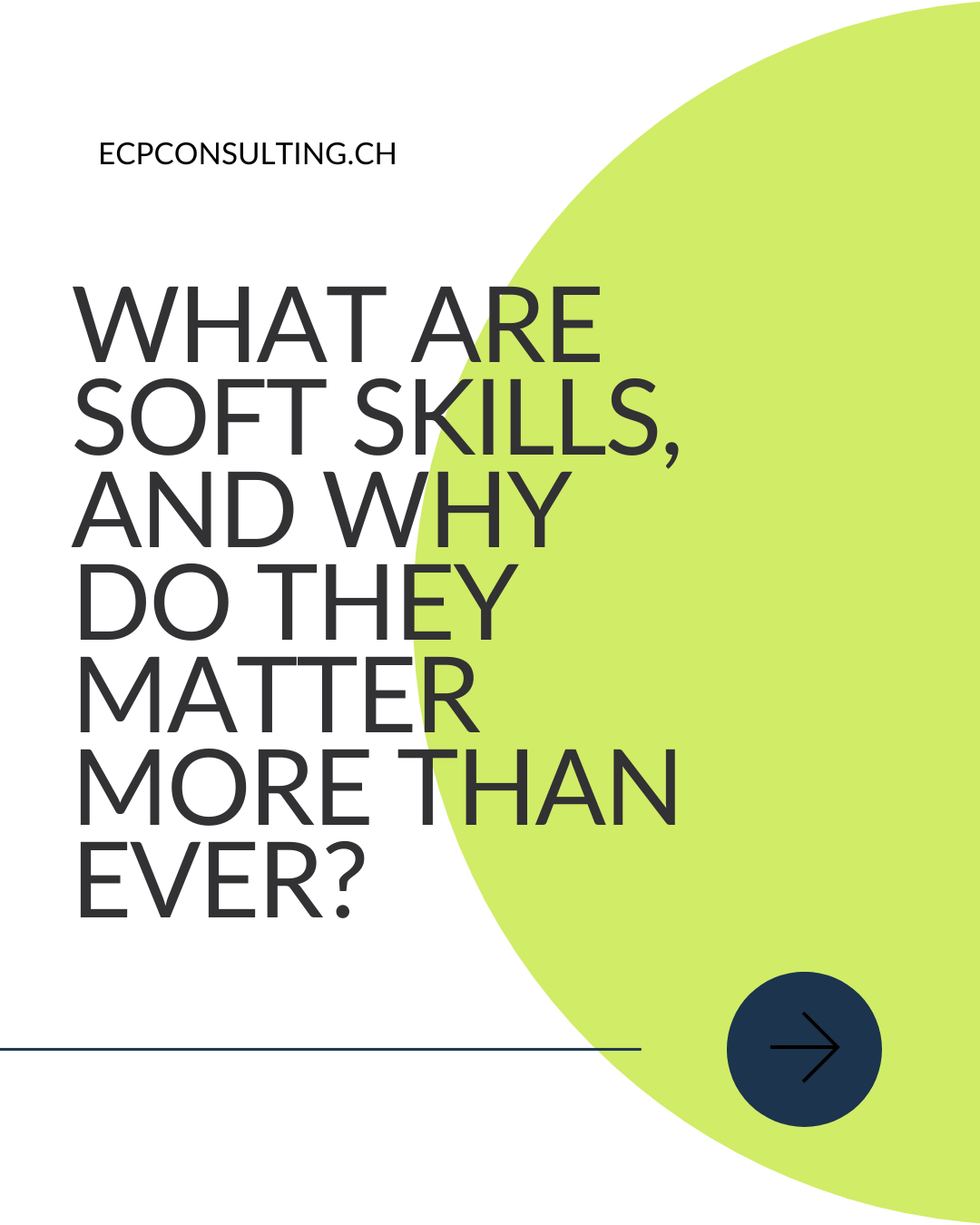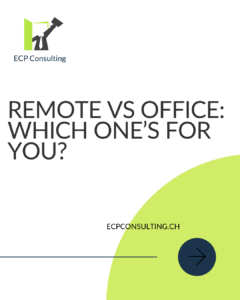
In today’s fast-paced and interconnected world, technical know-how alone is no longer enough to thrive in the workplace. Employers are increasingly looking for candidates with strong soft skills—the interpersonal, emotional, and cognitive abilities that enhance how we work and interact with others. But what exactly are soft skills, and why are they more critical than ever in today’s job market? Let’s explore.
What Are Soft Skills?
Soft skills, often referred to as “people skills” or “employability skills,” are non-technical attributes that influence how effectively individuals communicate, collaborate, and solve problems. Unlike hard skills, which are job-specific and can be taught through training or education, soft skills are more about behavior, attitude, and emotional intelligence.
Some key examples of soft skills include:
- Communication: The ability to articulate ideas clearly and listen actively.
- Teamwork: Collaborating effectively with others to achieve common goals.
- Adaptability: Staying flexible and open to change in a dynamic environment.
- Problem-Solving: Thinking critically to address challenges and find solutions.
- Empathy: Understanding and sharing the feelings of others to build strong relationships.
- Time Management: Prioritizing tasks and managing one’s schedule effectively.
- Leadership: Inspiring and guiding others toward a shared vision.
The Growing Importance of Soft Skills
1. The Shift Toward Automation and AI
With the rise of automation and artificial intelligence, many routine technical tasks are being handled by machines. According to a 2023 report by McKinsey, nearly 30% of work activities globally could be automated by 2030. This shift places greater emphasis on skills that machines cannot replicate, such as emotional intelligence, creativity, and interpersonal communication.
2. Remote and Hybrid Work Environments
The COVID-19 pandemic accelerated the adoption of remote and hybrid work models. These setups require heightened communication and collaboration skills, as teams often work across different time zones and rely heavily on virtual tools. In this context, being able to build trust, manage conflicts, and foster relationships remotely has become a crucial aspect of workplace success.
3. The Rise of Cross-Functional Teams
Modern organizations are increasingly breaking down silos and promoting cross-functional collaboration. Employees must navigate diverse perspectives, work with colleagues from different disciplines, and adapt to varying workflows. Soft skills like adaptability and teamwork are essential for thriving in such environments.
4. The Emphasis on Employee Well-Being
A 2022 study by Gallup found that employee well-being is a top priority for organizations worldwide. Soft skills like empathy and emotional intelligence are vital for creating inclusive and supportive workplace cultures, which in turn drive employee satisfaction and productivity.
Research Highlights on Soft Skills
Numerous studies underscore the value of soft skills in the workplace:
- A Harvard University study revealed that 85% of job success comes from having well-developed soft skills, while only 15% is attributed to technical skills.
- The World Economic Forum’s “Future of Jobs Report” identifies soft skills like critical thinking, creativity, and resilience as among the top skills needed for 2025 and beyond.
- LinkedIn’s 2023 Global Talent Trends report highlighted that soft skills such as communication, leadership, and adaptability were among the most sought-after by employers globally.
How to Develop and Showcase Soft Skills
1. Invest in Self-Awareness
Understanding your strengths and areas for improvement is the first step to building soft skills. Tools like personality assessments (e.g., Myers-Briggs, DiSC) and 360-degree feedback can provide valuable insights.
2. Seek Feedback and Mentorship
Ask for constructive feedback from colleagues and mentors. They can help you identify blind spots and provide actionable advice for growth.
3. Engage in Professional Development
Workshops, online courses, and certifications can help you hone specific soft skills. For example, platforms like Coursera and LinkedIn Learning offer courses on communication, leadership, and emotional intelligence.
4. Practice in Real-Life Scenarios
Look for opportunities to apply soft skills in your day-to-day work. For instance, take the lead on a team project to develop leadership skills, or volunteer to mediate conflicts to build emotional intelligence.
5. Highlight Soft Skills During Job Applications
When crafting your resume or preparing for interviews, emphasize instances where your soft skills contributed to measurable outcomes. Use specific examples to illustrate your abilities.
Example: Instead of simply stating, “Strong communicator,” mention, “Facilitated weekly team meetings, leading to a 20% improvement in project timelines through enhanced collaboration.”
Final Thoughts: Soft Skills as a Career Differentiator
In an era of rapid change and increasing complexity, soft skills are not just a “nice-to-have”—they are essential for career success. They enable you to navigate challenges, build meaningful relationships, and contribute to organizational goals in impactful ways. At ECP Consulting, we understand the critical role soft skills play in professional growth. Our career consulting services are designed to help early-career professionals develop these vital attributes and excel in their chosen fields.
Visit www.ecpconsulting.ch to discover how we can support your journey toward success.



